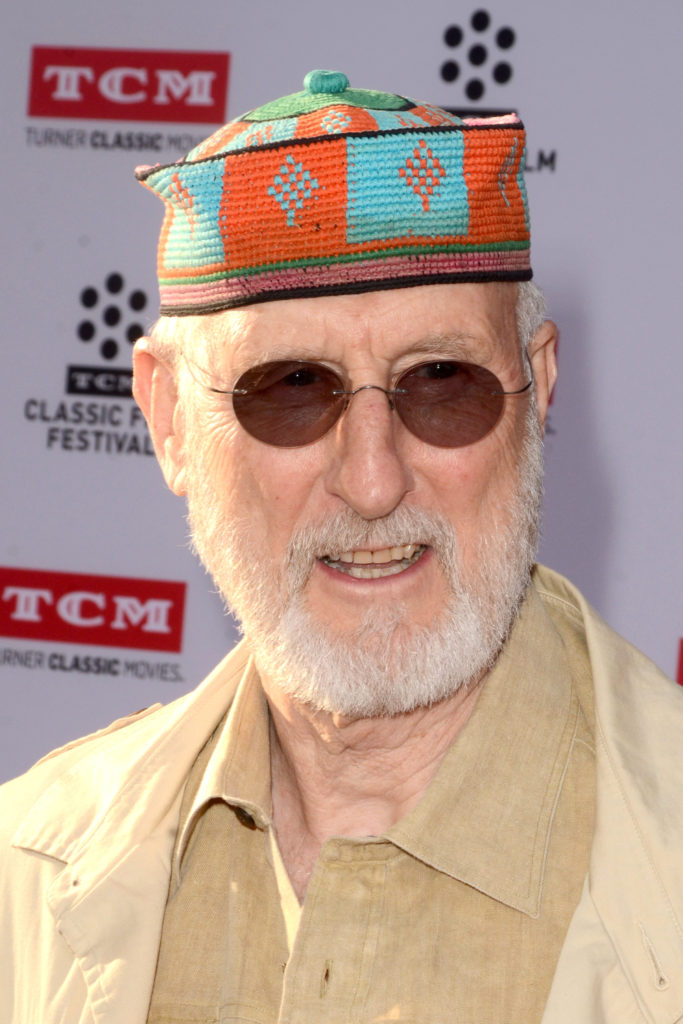After all the advance propaganda, a slew of online marketing, organized promotions and ticket-buying incentives from the animal rights movement, and a glowing — no, shimmering — review from The New York Times, who would have thought the film adaptation of Fast Food Nation could have bombed this badly? In Hollywood’s expectations game, the movie’s 18th-place showing over the weekend put its cinematic legacy somewhere between Ishtar and Gigli. Showing on 321 screens nationwide, Fast Food Nation earned an embarrassing $130,000 on its opening day. Assuming an $8.00 average ticket price, barely 50 people saw the movie all day Friday at each location. Saturday and Sunday brought more of the same — what LA Weekly calls “a terrible per-screen average.”
Many reviewers, the Times notwithstanding, have been unimpressed with the polemic from author Eric Schlosser and vegetarian director Richard Linklater: The Kansas City Star: “A class project that got out of hand“
The New Orleans Times-Picayune: “An unsatisfying drama“
The Providence Journal: “Less of an entertainment and more of a preachy message movie“
The Newark Star-Ledger: “For a muckraking movie, there’s not nearly enough muck“
The Oregonian: “There’s no expose here, no devastating revelations“
The “devastating revelation” Fast Food Nation tries hardest to convey is the idea, hardly new or controversial, that slaughtering cattle is not a pretty business. But as Orange County Weekly reports, Linklater’s indictment of “the all-American meal” used meat-processing footage shot in Mexico, not the United States. Linklater told a Princeton University audience last week that “the meat from one of those facilities was being exported to Japan.” But there’s no indication that the meat in his cinema verité is finding its way into American meals, or that the U.S. Department of Agriculture has any control over its cleanliness.
Whether or not it contains any meaningful truths, Fast Food Nation is simply a bad movie. But like Eric Schlosser’s book — whose perennial bestseller standing is due to its required-reading status on hundreds of U.S. college campuses — the film may yet have a life beyond its initial box-office death. Regardless, Schlosser probably won’t be front-and-center any more. He tells the Seattle Post-Intelligencer: “When the movie opens Friday, I intend to leave all this behind … it’s time for me to move on.” Funny: Most Americans moved on to more intelligent, sophisticated entertainment (Borat comes to mind) a long time ago.




